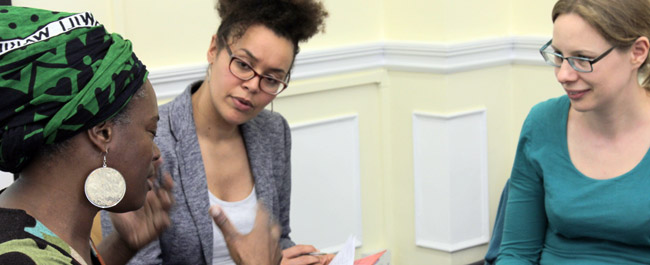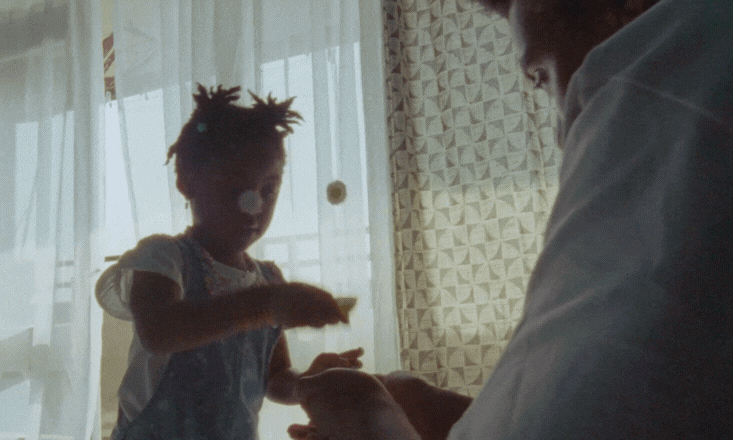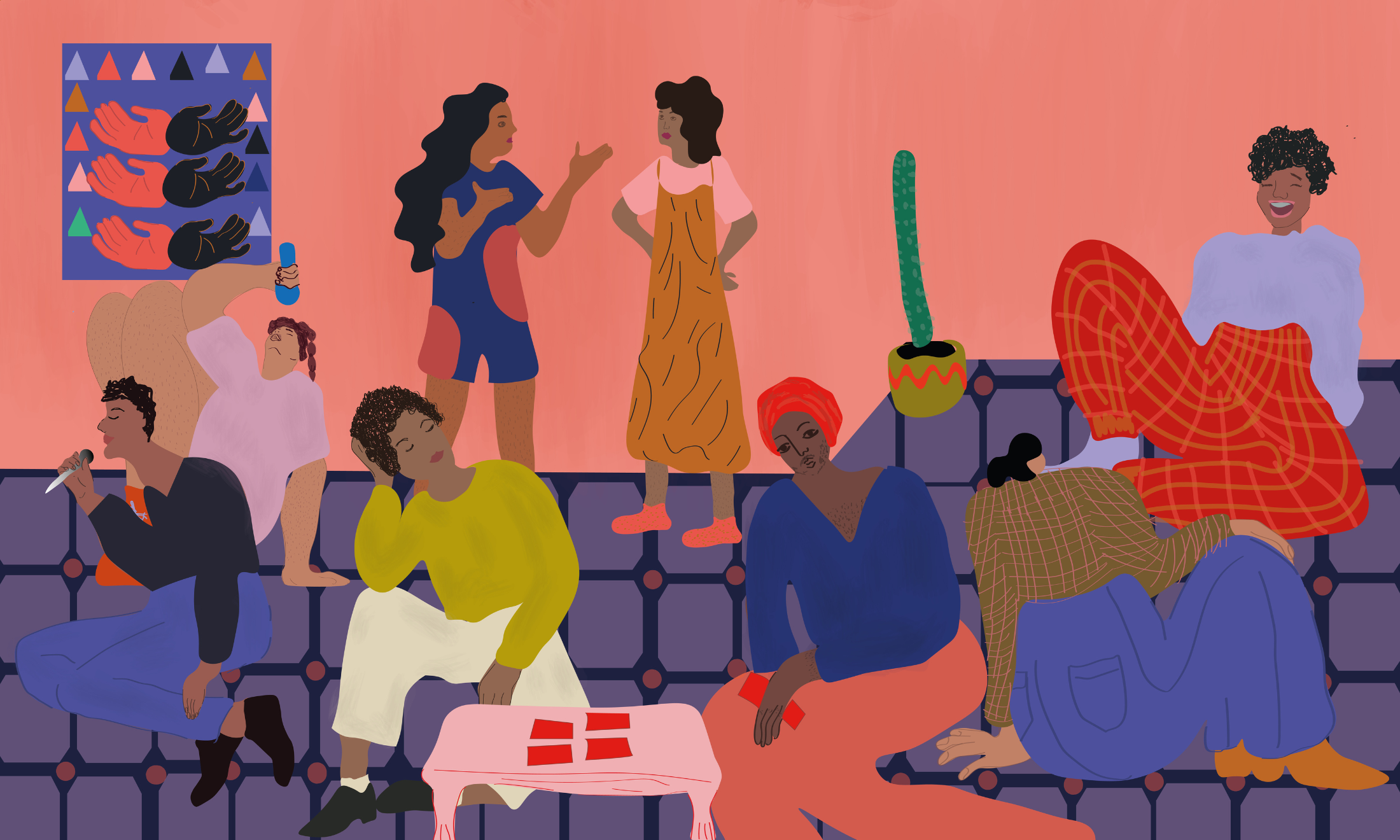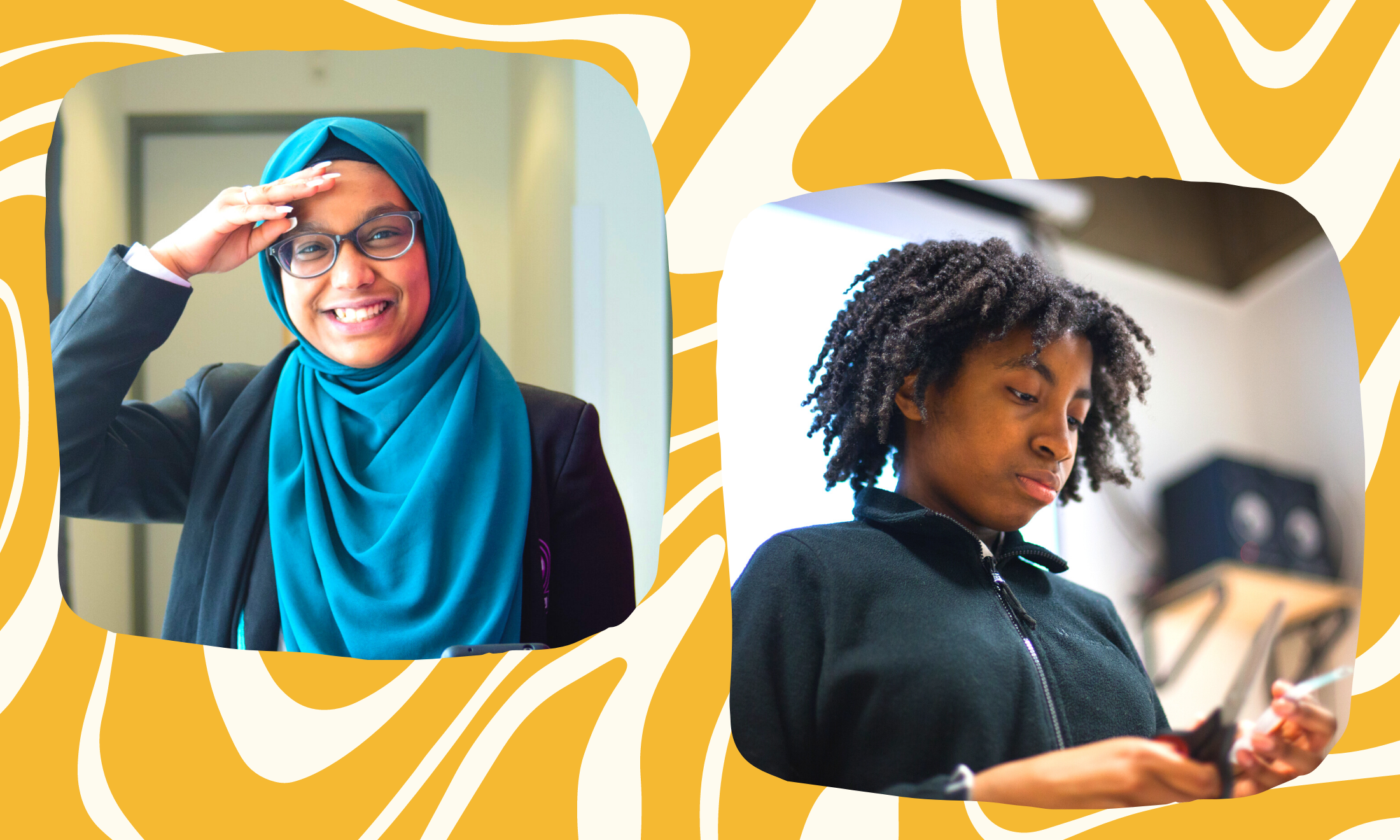
What does blackness mean in the UK today? Many of us who are black can often struggle to find our place within British society. Growing up amongst my mostly white counterparts I often felt as though I stuck out or that I was an anomaly – like I wasn’t meant to be there. Many of my white peers questioned why I was there too. What African famine had my parents fled from? Was I grateful to now be in the UK? Some of my classmates were surprised as I recounted how my parents didn’t “flee” from Nigeria in the back of a lorry but rather came over via British Airways after being invited to work for the National Health Service.
In our education system there is a noticeable gap in what we learn about blackness and its connections to Britishness. We don’t learn about colonisation, the Windrush or the Commonwealth. Instead we learn about the wars (and only about the Europeans who fought in them), Henry VIII and his six wives, JFK and the New Deal and of course slavery, brought about by those dastardly Americans with their racism!
There is an obvious disconnect between what we learn and reality. The reality is that blackness has made an impact in Britain for centuries, years before the supposed “racial milestone” of the Royal Wedding. And although our primary and secondary schools seem to continually ignore our contributions to these Great British Isles, for universities it’s slowly becoming a different story.
Dr Joanna Burch-Brown is a Lecturer in Philosophy at the University of Bristol, in a city that was once one of the epicentres of the Transatlantic Slave Trade. She is one of the key members of university staff involved with the University’s new Centre for Black Humanities which aims to create an “international hub for Black Humanities research in the heart of Bristol”.
“Black British people, African Americans, Caribbeans, Afro-Latinx people all have made significant contributions to the UK and beyond”
Herself and many other Centre members are involved with the University of Bristol’s work with the International Universities Studying Slavery consortium. As she told me, she and other members joined the group “to interrogate the ways in which the university benefited from slavery and subsequent forms of racial injustice, and to identify steps of redress”. They’ve used the recent controversy of Edward Colston, whose wealth was acquired off the backs of slaves, to “to open up wider debates around economic and racial injustice, and is now campaigning for a major slavery memorial and museum in Bristol”.
The Centre’s research is not just focused on slavery and includes “research with Black British visual artists internationally and locally through Bristol-based visual arts organisations. Working around and within the contemporary creative possibilities evidenced by the vibrant Black British visual arts, film and music scenes, Centre members have forged partnerships and collaborations with Bristol’s Afrika Eye Film Festival, Writivism Festival, the Centre for African Cultural Excellence, the Black Artists and Modernisms Project, Tate’s British Art Network, Spike Island, and Rope a Dope (the UK Hip Hop Studies symposium).”
These revolutionary academics are making a real difference in the educations sector, enabling students, and black students such as myself, to become more enlightened about the parts of history that are too often ignored.
The University of Bristol is not the first UK University to have academics focused on topics that centre blackness. Five other universities have centres dedicated to the study of Africa, and both SOAS and Cambridge have offered postgraduate degrees in the subject for over 50 years – with Edinburgh, Birmingham and Oxford closely following suit. Additionally, both SOAS and Birmingham offer undergraduate degrees in the subject and Birmingham City now offer a BA in Black Studies, allowing for students straight out of secondary school, who likely have not been taught much about Africa, to blossom in a brand new field of study.
“The programme offers study across the arts and humanities on diverse topics; from the histories of trans-Atlantic slavery to Hip Hop”
And although the study of Africa is incredibly important, and is something that I personally hope to do once I complete my undergraduate degree, the African diaspora is also an element of the conversation that should not be left out. Black British people, African Americans, Caribbeans, Afro-Latinx people and many others in the diaspora all have made significant contributions to the UK and beyond and deserve to have their histories and experiences prioritised and studied. Study of the diaspora is something prioritised in the US, with many degree programmes focussing on the lives of African Americans amongst others, and seems to be making its way to UK universities as well.
As Dr Lizzie Robles, a Lecturer in Contemporary Art at the University of Bristol and another key member of staff in the Centre for Black Humanities, explained to me: the University is currently recruiting for a new MA in Black Humanities offering “students an exciting opportunity to encounter the histories, philosophies and creative production of African and diasporic people and communities. Rooted in the interdisciplinary nature of the [Centre for Black Humanities], the programme offers study across the arts and humanities on diverse topics; from the histories of trans-Atlantic slavery to global solidarity movements, the history of cinema in Africa, the British Black Arts Movement and Hip Hop”.
I hope that with the work of the Centre and its new MA will trickle down through to other universities and eventually to our schools. Blackness is important, blackness is rich and varied and blackness deserves to have its rightful place on UK syllabi.









